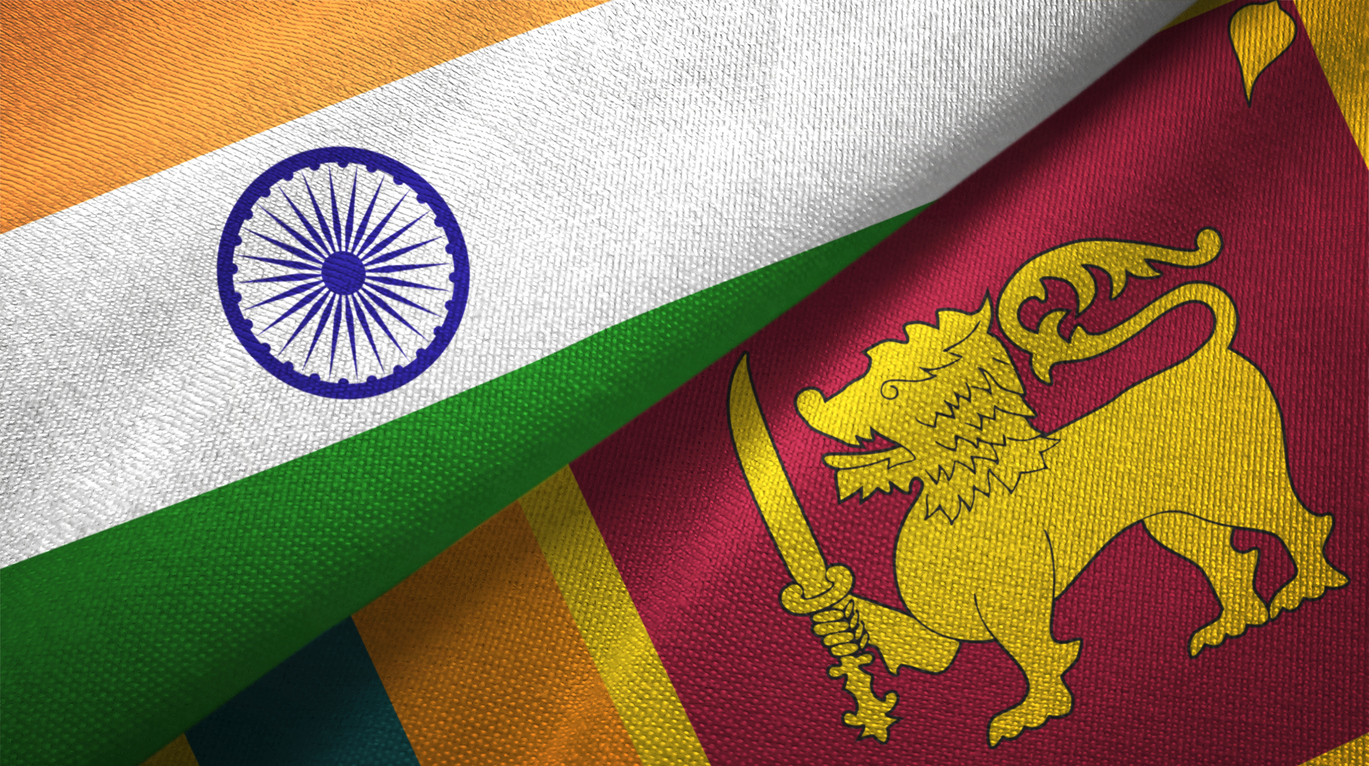- Wednesday, March 12, 2025

By: PTI
India on Monday (22) handed over 21,000 tonnes of fertiliser to Sri Lanka under a special support programme which will help farmers in this country and help bolster bilateral cooperation for food security, the second such assistance in recent months to the crisis-hit island nation.
“Adding to the fragrance of friendship and cooperation. High Commissioner (Gopal Baglay) formally handed over 21,000 tonnes of fertiliser supplied under India’s special support to the people of Sri Lanka,” the Indian high commission in the island-nation said in a tweet.
This follows 44,000 tonnes supplied last month under Indian support totalling about $4 billion (£3.3 billion) in 2022,” it said.
“The fertiliser will contribute to food security and support the farmers of Sri Lanka. It demonstrates benefits to the people from close ties with #India and mutual trust and goodwill between #India and #lanka,” the mission tweeted.
In May, India assured Sri Lanka to immediately supply 65,000 metric tonnes of urea to avoid any disruption to the current ‘Yala’ cultivation season in Sri Lanka. ‘Yala’ is the season of paddy cultivation in Sri Lanka that lasts between May and August.
Former Sri Lanka president Gotabaya Rajapaksa’s decision last year to ban chemical fertiliser imports in order to turn into a green economy has caused a food shortage with crop losses amounting to 50 per cent.
Rajapaksa had admitted his decision to ban chemical fertilisers to go 100 per cent organic was wrong. India has committed nearly $4 billion to debt-ridden Sri Lanka in loans, credit lines and credit swaps since January this year.
Sri Lanka’s annual fertiliser imports cost $400 million (£339 million). The support from India ranges from economic assistance of close to $3.5 billion (£3 billion) to help secure Sri Lanka’s food, health, and energy security by supplying essential items like food, medicines, fuel, kerosene and other essentials. Sri Lanka is in the midst of an unprecedented economic crisis that has led to severe shortages of fuel and other essentials.
The island nation of 22 million people also witnessed a significant political churn in recent times following massive mass protests that forced former president Gotabaya Rajapaksa to flee the country and resign from his post. Meanwhile, a top International Monetary Fund (IMF) delegation will visit Colombo between August 24 and 31 for discussions on finalising a staff-level agreement with the government in the near term. Sri Lanka had begun negotiating a possible bailout package with the IMF in June this year.
The talks, however, got stalled due to the political turmoil in the country which saw irate anti-government protesters storming Rajapaksa’s official residence, occupying key government buildings, and torching the private residence of the current president Ranil Wickremesinghe.